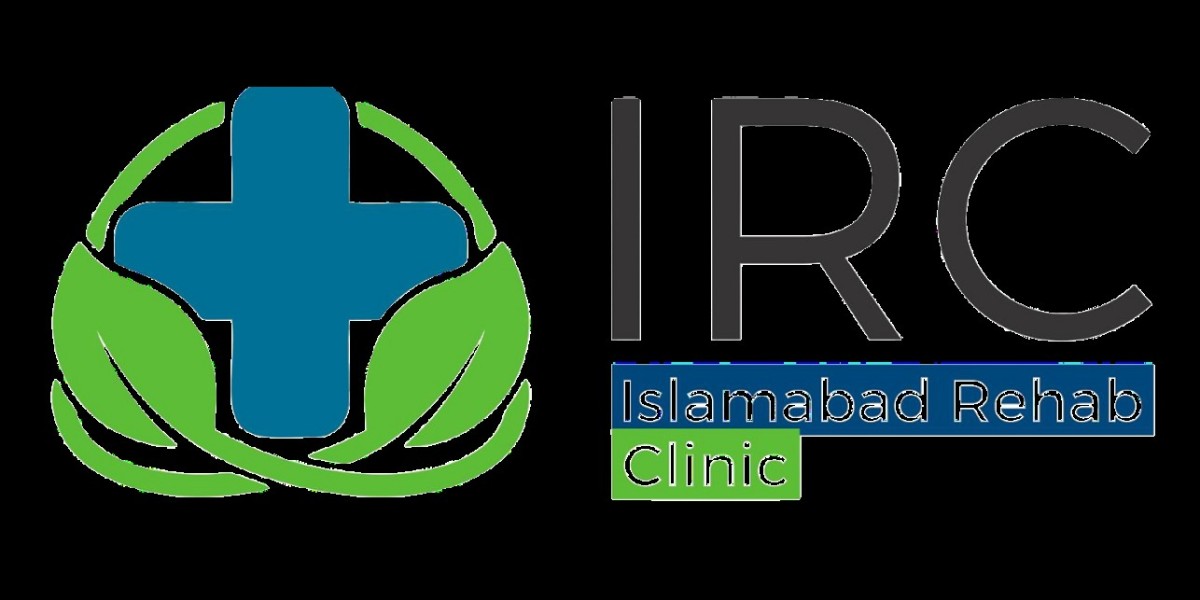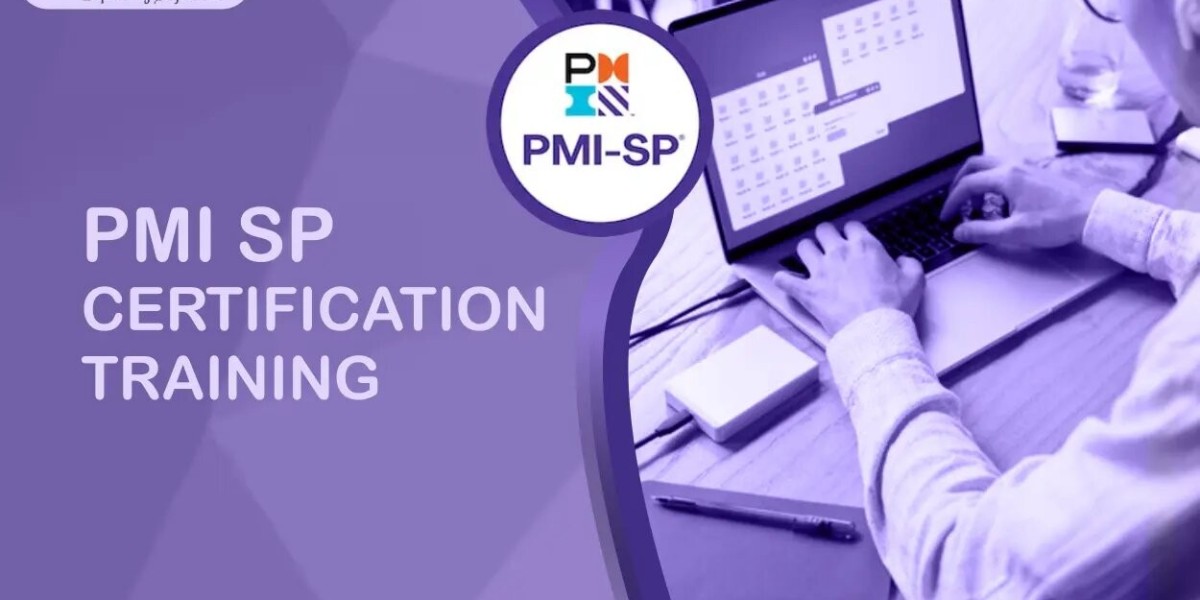Ice addiction, also known as crystal meth addiction, is a growing problem worldwide, including in Rawalpindi, Pakistan. For those struggling with this addiction, seeking help is crucial for recovery. In this comprehensive article, we'll explore everything you need to know about ice rehab in Rawalpindi, from the nature of ice addiction to the various treatment options available. We'll also discuss how to choose the right ice rehab in Rawalpindi, the importance of aftercare, and answer some frequently asked questions (FAQs).
Table of Contents
- Introduction to Ice Addiction
- Understanding Ice Addiction: Causes and Effects
- Why Ice Rehab in Rawalpindi?
- Types of Ice Rehab Programs in Rawalpindi
- 4.1 Inpatient Rehab
- 4.2 Outpatient Rehab
- 4.3 Holistic Rehab
- 4.4 Dual Diagnosis Treatment
- What to Expect During Ice Rehab
- 5.1 Initial Assessment
- 5.2 Detoxification Process
- 5.3 Therapy and Counseling
- 5.4 Medication-Assisted Treatment
- Choosing the Right Ice Rehab Center in Rawalpindi
- 6.1 Accreditation and Licensing
- 6.2 Treatment Approaches
- 6.3 Qualified Staff
- 6.4 Patient Reviews and Testimonials
- The Importance of Aftercare in Ice Rehab
- The Role of Family in Recovery
- Success Stories: Overcoming Ice Addiction in Rawalpindi
- The Cost of Ice Rehab in Rawalpindi
- FAQs about Ice Rehab in Rawalpindi
- Conclusion: Take the First Step Towards Recovery
Introduction to Ice Addiction
Ice, also known as crystal methamphetamine or meth, is a powerful and highly addictive stimulant. It has become a serious public health issue due to its addictive properties and the severe physical and mental health consequences it causes. Ice addiction is particularly challenging to overcome due to the intense cravings and withdrawal symptoms experienced by users.
What is Ice?
Ice is a form of methamphetamine that looks like clear crystals or shiny blue-white rocks. It is typically smoked, snorted, injected, or ingested orally. The drug works by increasing the amount of dopamine in the brain, leading to intense feelings of pleasure and increased energy. However, these effects are short-lived, and users often find themselves needing more of the drug to achieve the same high, leading to addiction.
The Global Ice Epidemic
Ice addiction is not just a local issue but a global epidemic. In many parts of the world, including Pakistan, the use of crystal meth has surged, causing significant social and economic problems. The rise in ice addiction has led to an increase in crime, broken families, and overwhelmed healthcare systems. This makes the availability of effective rehabilitation services more critical than ever.
Understanding Ice Addiction: Causes and Effects
Ice addiction is a complex condition that affects both the brain and behavior. Understanding the causes and effects of ice addiction is crucial in addressing the problem effectively.
Causes of Ice Addiction
Several factors contribute to the development of ice addiction:
Genetic Predisposition: Individuals with a family history of addiction are more likely to develop an addiction themselves.
Environmental Factors: Exposure to drug use in the environment, such as peer pressure or growing up in a household where drug use is prevalent, can increase the risk of addiction.
Mental Health Issues: People with untreated mental health disorders, such as depression or anxiety, may use drugs like ice as a form of self-medication.
Social Isolation: Loneliness and a lack of social support can drive individuals towards drug use as a coping mechanism.
Effects of Ice Addiction
The effects of ice addiction are devastating and can affect every aspect of a person's life:
Physical Health: Ice addiction can lead to severe health problems, including heart issues, dental problems (often referred to as "meth mouth"), and significant weight loss.
Mental Health: Long-term use of ice can cause anxiety, paranoia, hallucinations, and even psychosis. It can also exacerbate existing mental health conditions.
Social and Economic Impact: Addiction can lead to job loss, financial instability, and strained relationships with family and friends.
Legal Consequences: Many users engage in illegal activities to fund their addiction, leading to arrests and legal problems.
Why Ice Rehab in Rawalpindi?
Rawalpindi, a major city in Pakistan, is home to several reputable rehab centers that specialize in treating ice addiction. These centers offer a range of services designed to help individuals overcome their addiction and rebuild their lives.
Accessibility and Availability
Rawalpindi is easily accessible for individuals living in Islamabad and surrounding areas. The availability of quality rehab centers in this city ensures that those struggling with ice addiction have access to the care they need.
Expertise in Ice Addiction Treatment
Many rehab centers in Rawalpindi have a deep understanding of ice addiction and its unique challenges. They offer specialized programs that address the specific needs of those addicted to crystal meth, ensuring a higher chance of successful recovery.
Cultural Sensitivity
Rehab centers in Rawalpindi are often attuned to the cultural and religious needs of their patients. This sensitivity can make the recovery process more comfortable and effective for individuals who might struggle with programs that do not consider these factors.
Types of Ice Rehab Programs in Rawalpindi
When seeking treatment for ice addiction, it's essential to choose a program that suits your specific needs. In Rawalpindi, several types of rehab programs are available:
Inpatient Rehab
Inpatient rehab involves staying at a rehab center for the duration of treatment. This type of program provides a structured environment with 24/7 care and support. It is ideal for individuals with severe addiction or those who have relapsed multiple times.
- Benefits: Constant support, a controlled environment, and immediate access to medical care.
- Challenges: Requires time away from work, school, and family, and can be costly.
Outpatient Rehab
Outpatient rehab allows individuals to live at home while attending treatment sessions during the day or evening. This program is suitable for those with a less severe addiction or for those who have completed inpatient rehab and need ongoing support.
- Benefits: Flexibility, the ability to maintain daily responsibilities, and lower cost.
- Challenges: Less intensive, with the potential for exposure to triggers in the home environment.
Holistic Rehab
Holistic rehab focuses on treating the whole person, not just the addiction. This approach includes alternative therapies such as yoga, meditation, acupuncture, and nutritional counseling, alongside traditional treatment methods.
- Benefits: Addresses mental, physical, and spiritual health, promoting overall well-being.
- Challenges: May not be suitable for everyone, particularly those needing more intensive medical intervention.
Dual Diagnosis Treatment
Dual diagnosis treatment is designed for individuals who have both a substance use disorder and a co-occurring mental health condition, such as depression or anxiety. This program integrates treatment for both issues, providing a comprehensive approach to recovery.
- Benefits: Treats both addiction and mental health issues, reducing the risk of relapse.
- Challenges: Requires specialized staff and can be more complex than standard addiction treatment.
What to Expect During Ice Rehab
Understanding what to expect during ice rehab can alleviate some of the anxiety associated with entering a treatment program. Here’s an overview of the typical stages of rehab:
Initial Assessment
The first step in any rehab program is an initial assessment. During this stage, medical professionals will evaluate the individual's physical and mental health, the severity of their addiction, and any underlying conditions. This assessment helps create a personalized treatment plan tailored to the individual’s needs.
Detoxification Process
Detoxification is the process of removing the drug from the body. For ice addiction, detox can be particularly challenging due to the intense withdrawal symptoms, which may include fatigue, depression, increased appetite, and intense cravings.
- Medical Detox: In some cases, a medically supervised detox is necessary to manage withdrawal symptoms safely. This may involve the use of medications to ease symptoms and ensure the individual’s safety.
Therapy and Counseling
Therapy is a crucial component of ice rehab. Various therapeutic approaches are used to help individuals understand the root causes of their addiction, develop coping strategies, and build a support system for long-term recovery.
- Cognitive Behavioral Therapy (CBT): This therapy focuses on identifying and changing negative thought patterns that contribute to addiction.
- Group Therapy: Group sessions provide peer support and allow individuals to share their experiences and learn from others.
- Family Therapy: Involving family members in therapy can help repair relationships and provide a support system for the individual in recovery.
Medication-Assisted Treatment
In some cases, medication may be used to help manage withdrawal symptoms or reduce cravings. This is known as medication-assisted treatment (MAT). While there are no specific medications for treating ice addiction, certain medications can help alleviate symptoms of anxiety, depression, or insomnia associated with withdrawal.
Choosing the Right Ice Rehab Center in Rawalpindi
Selecting the right rehab center is a critical decision that can significantly impact the success of recovery. Here are some factors to consider when choosing an ice rehab center in Rawalpindi:
Accreditation and Licensing
Ensure that the rehab center is accredited and licensed by relevant health authorities. This guarantees that the facility meets specific standards of care and has qualified staff.
Treatment Approaches
Different rehab centers may offer varying treatment approaches. It's essential to choose a center that provides a comprehensive treatment plan that includes detox, therapy, and aftercare. Additionally, consider whether the center offers specialized programs for dual diagnosis or holistic treatment options.
Qualified Staff
The expertise and experience of the staff are crucial in providing effective treatment. Look for centers with a multidisciplinary team that includes doctors, therapists, counselors, and support staff experienced in treating ice addiction.
Patient Reviews and Testimonials
Reading patient reviews and testimonials can provide insight into the quality of care provided by the rehab center. Look for centers with positive feedback from former patients, particularly those who have successfully overcome ice addiction.
The Importance of Aftercare in Ice Rehab
Recovery from ice addiction doesn’t end when a rehab program is completed. Aftercare is a vital component of long-term recovery, helping individuals maintain sobriety and avoid relapse.
What is Aftercare?
Aftercare refers to the ongoing support and services provided after the initial rehab program. This may include continued therapy, support groups, sober living arrangements, and regular check-ins with a counselor or therapist.
Why is Aftercare Important?
Aftercare is essential because it helps individuals transition back into their daily lives while maintaining the progress they made during rehab. It provides a safety net for those who may encounter triggers or challenges that could lead to relapse.
Types of Aftercare Services
- Support Groups: Attending support groups like Narcotics Anonymous (NA) provides a sense of community and accountability.
- Sober Living Homes: These homes offer a structured, substance-free environment for individuals who need additional support before returning home.
- Ongoing Therapy: Continued therapy sessions help address any lingering issues and provide coping strategies for maintaining sobriety.
The Role of Family in Recovery
Family plays a crucial role in the recovery process. Their support and involvement can make a significant difference in the individual’s ability to overcome addiction and maintain sobriety.
How Families Can Support Recovery
- Educate Themselves: Understanding ice addiction and the challenges of recovery can help families provide informed and empathetic support.
- Participate in Therapy: Family therapy sessions can help address any underlying issues and improve communication within the family.
- Offer Encouragement: Positive reinforcement and encouragement can boost the individual’s confidence and motivation to stay sober.
- Set Healthy Boundaries: While support is essential, it's also important for families to set boundaries to avoid enabling addictive behaviors.
Dealing with Relapse
Relapse is a common part of the recovery process. Families should be prepared to handle relapse with compassion and support, helping their loved one get back on track rather than giving up.
Success Stories: Overcoming Ice Addiction in Rawalpindi
Hearing about others who have successfully overcome ice addiction can be incredibly inspiring for those currently struggling. Here are a few success stories from individuals who sought treatment in Rawalpindi:
Story 1: A New Beginning
A young man from Rawalpindi, who we'll call Ali, started using ice in his early twenties. After several years of addiction, his health deteriorated, and he lost his job. With the support of his family, Ali entered an inpatient rehab program in Rawalpindi. Through detox, therapy, and the support of his counselors, Ali managed to overcome his addiction. Today, he is sober, employed, and dedicated to helping others struggling with addiction.
Story 2: Rebuilding a Life
Sara, a mother of two, became addicted to ice after using it to cope with post-partum depression. Her addiction led to the breakdown of her marriage and the loss of custody of her children. Desperate to turn her life around, Sara enrolled in a holistic rehab program in Rawalpindi. The program not only helped her overcome her addiction but also provided her with the tools to rebuild her life. Sara has since regained custody of her children and is now a vocal advocate for mental health and addiction recovery.
The Cost of Ice Rehab in Rawalpindi
The cost of ice rehab can vary depending on the type of program, the duration of treatment, and the amenities offered by the rehab center. Here’s a general overview of the costs associated with ice rehab in Rawalpindi:
Inpatient Rehab Costs
Inpatient rehab programs tend to be more expensive due to the comprehensive care and 24/7 support they provide. The cost can range from PKR 100,000 to PKR 500,000 per month, depending on the facility and the level of care required.
Outpatient Rehab Costs
Outpatient programs are generally more affordable, with costs ranging from PKR 50,000 to PKR 150,000 per month. These programs offer flexibility and allow individuals to continue with their daily responsibilities while receiving treatment.
Insurance and Financial Assistance
Some rehab centers in Rawalpindi accept insurance, which can help offset the cost of treatment. Additionally, many centers offer payment plans or financial assistance for those who cannot afford the full cost upfront.
FAQs about Ice Rehab in Rawalpindi
1. What is the success rate of ice rehab in Rawalpindi?
The success rate of ice rehab varies depending on several factors, including the individual’s commitment to recovery, the quality of the rehab program, and the level of aftercare provided. Many individuals who complete a comprehensive rehab program and continue with aftercare successfully maintain long-term sobriety.
2. How long does ice rehab take?
The duration of ice rehab can vary depending on the severity of the addiction and the type of program. Inpatient rehab programs typically last 30, 60, or 90 days, while outpatient programs can last several months.
3. Is detox painful?
Detoxing from ice can be uncomfortable due to withdrawal symptoms, which may include fatigue, depression, and cravings. However, medically supervised detox can help manage these symptoms and make the process safer and more comfortable.
4. Can family members visit during rehab?
Many rehab centers in Rawalpindi allow family visits, especially in inpatient programs. Family involvement is often encouraged as it can provide additional support to the individual in recovery.
5. What happens if I relapse after rehab?
Relapse is not uncommon and does not mean that treatment has failed. If you relapse, it's important to seek help immediately. Many rehab centers offer relapse prevention programs and can provide additional support to help you get back on track.
Conclusion: Take the First Step Toward Recovery
Ice addiction is a challenging and complex condition, but with the right support and treatment, recovery is possible. Ice rehab in Rawalpindi offer a range of programs designed to help individuals overcome their addiction and reclaim their lives. If you or someone you love is struggling with ice addiction, don't wait—reach out to a rehab center today and take the first step towards a healthier, sober future.







